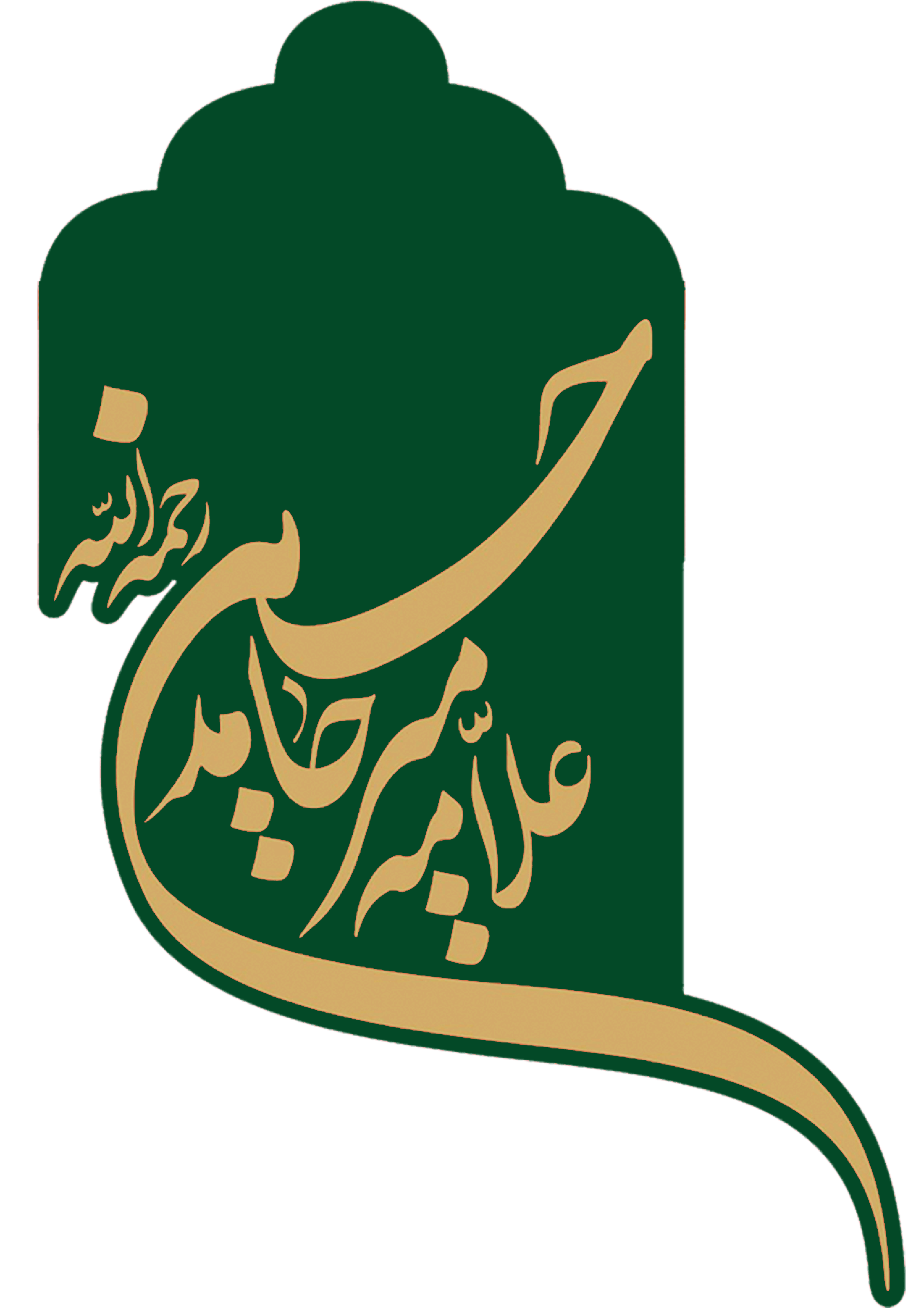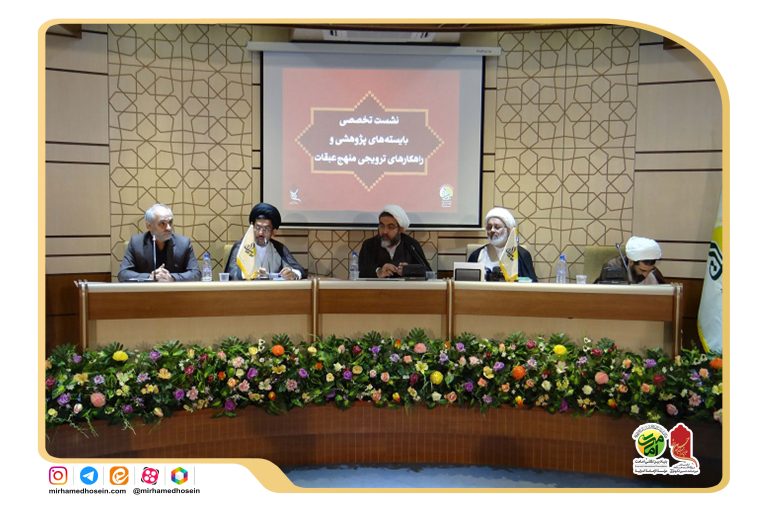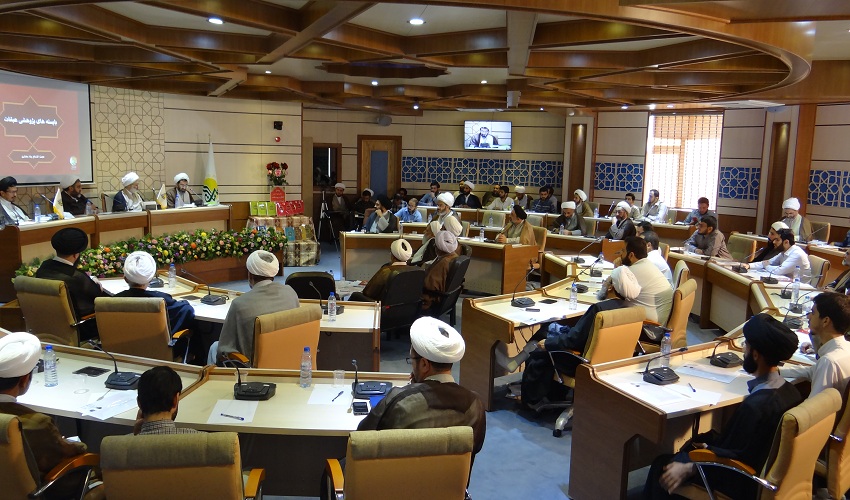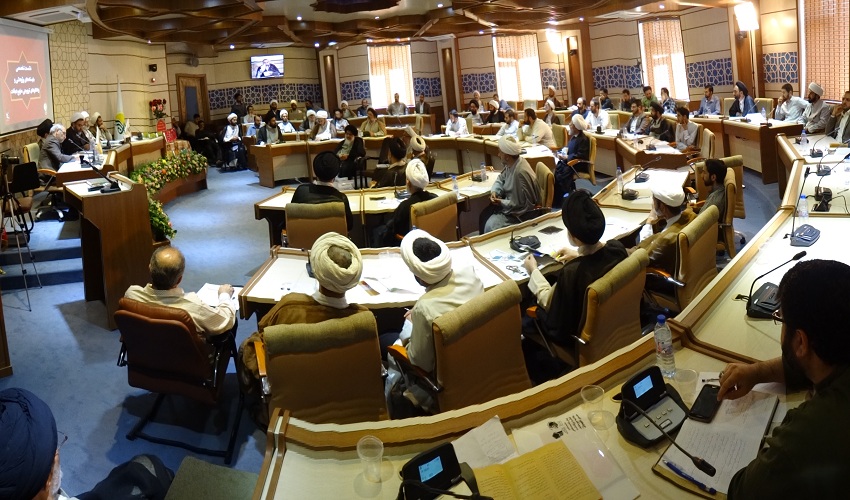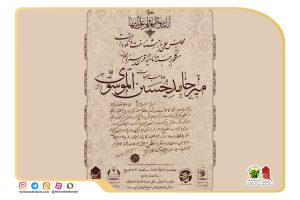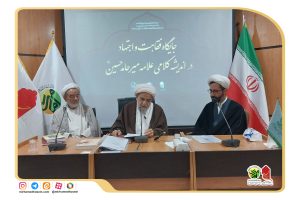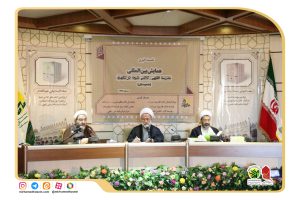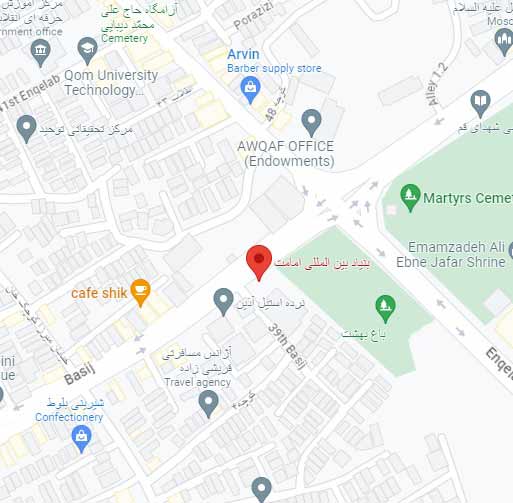First Preliminary Conference of the International Congress Commemorating Allama Mir Hamid Hussain of Lucknow
In the Name of God, the Most Compassionate, the Most Merciful
The Secretariat of the International Congress Commemorating Allama Mir Hamid Hussain of Lucknow held its first preliminary conference on Thursday, 8th Mehr 1395 (September 2016) at the Imamate Cultural Foundation, attended by numerous scholars, professors, and researchers from seminaries and universities.
The conference began with welcoming remarks by Hujjat al-Islam Dr. Mohammad Taqi Sobhani, Academic Secretary of the Congress, who emphasized the significance of this congress and introduced the author of “Abaqat al-Anwar” and his valuable works. Dr. Seyyed Mehdi Alizadeh Mousavi then delivered the first lecture on “Genealogy of Anti-Shia Movements in India.”
As head of the Hajj and Pilgrimage Research Institute, Dr. Alizadeh Mousavi analyzed Sunni-Shia relations in the Indian subcontinent throughout history. He noted that Islam first entered the region during the caliphate of Umar ibn al-Khattab through military expeditions, establishing a Sunni interpretation in the subcontinent. The lecturer examined Muslim-Shia interactions during the Mughal era, colonial period, and after Pakistan’s formation, particularly focusing on the anti-Shia theological positions of Shah Waliullah Dehlawi and his son Shah Abdul Aziz Dehlawi.
Hujjat al-Islam Ansari Qumi subsequently spoke on “Introducing the Abaqat Family and the Contributions of Allama Mir Hamid Hussain of Lucknow.” He presented a detailed biography of Syed Mohammad Quli, Allama’s father, highlighting his scholarly lineage, education, judicial career, and major works. Ansari Qumi described Allama Mir Hamid Hussain as one of “God’s signs and the proofs of Twelver Shiism.”
The final speaker, Hujjat al-Islam Reza Mokhtari, addressed “Research Priorities for Abaqat Studies.” Emphasizing the critical importance of manuscript preservation in contemporary scholarship, he noted that many universities worldwide accept critical editions of manuscripts as doctoral dissertations. Mokhtari stressed the need for meticulous textual criticism in editing Allama’s works.
The conference concluded with an academic panel discussion on research methodologies for Abaqat studies, moderated by Dr. Sobhani and Dr. Abdolhossein Talei of Qom University, featuring contributions from attending scholars.
Side events included the unveiling of newly edited works from the Abaqat family such as “Ifham al-A’da wal-Khusum,” “Al-Adhb al-Battar,” “Al-Sawarim al-Ilahiyyat,” and “Dhulfaqar,” along with an exhibition introducing Allama Mir Hamid Hussain and the congress’s virtual portal.
